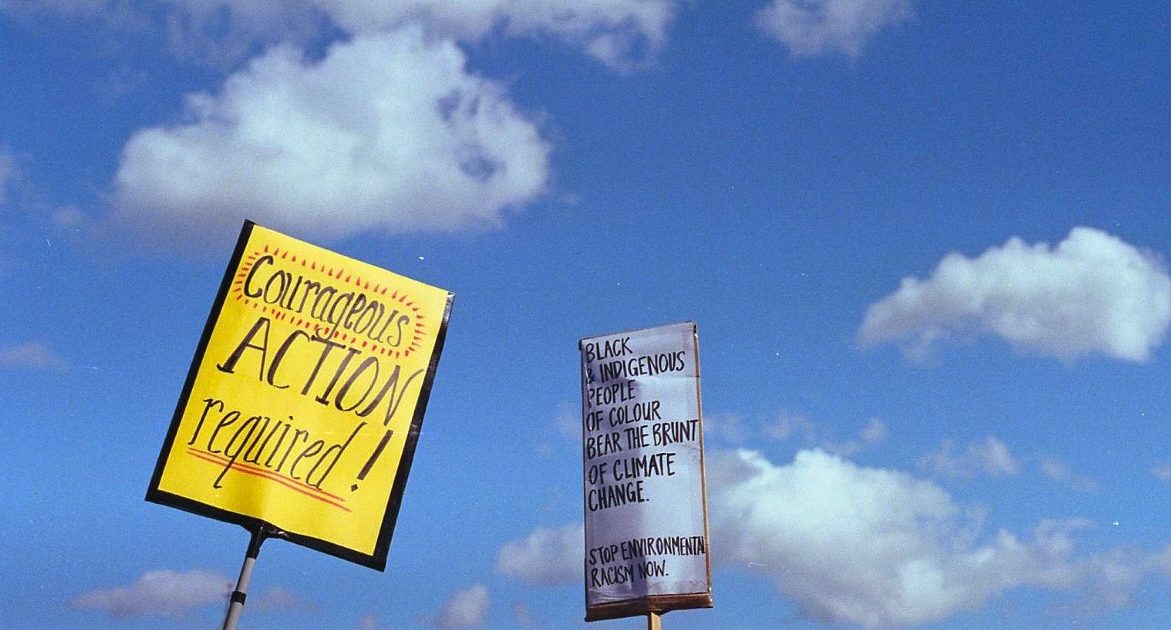Montreal residents generally live for a long time, but environmental injustice threatens to change that for many. According to a study released by the Centre intégré universitaire de santé et de services sociaux de l’Est-de-l’Île-de-Montréal, the east end’s regional health board, people living in the east end of Montreal live, on average, nine years less than people who live elsewhere in the city.
The east end, which has the highest concentration of industrial centers in all of Montreal, is also one of the lowest-income districts in the city. There may not be a visible cloud of pollutants hovering on Avenue Bourbonniere, but according to several studies, a microscopic swarm of sulfur dioxide, ozone, and hydrogen sulfide particles infest the area. No one should have to live in such conditions, and this example of environmental injustice is representative of a trend across Canada that should be morally unacceptable to every Montreal resident.
Aside from contributing to climate change by releasing noxious fumes into the atmosphere, corporations such as PetroCan also diminish the quality of life of those who live in the east end by exposing them to frustrating levels of noise pollution. Excessive noise comes in addition to the other pollutants local factories put out that may harm the area’s residents’ health. All citizens, including those living in the east end, contribute to public works and services and should benefit from the system they help maintain. Regulations on local corporate excesses are in order, not only to curb climate change, but also in light of these significant equity concerns.
Even though McGill is not located in the east end, it is imperative that students, as residents of the city, educate themselves on local issues. McGill students breathe air free from industrial contaminants, but this should be the case in all of Montreal. As a higher education institution, McGill absolutely has a role in improving the conditions of the city around it. However, McGill invests in various corporations involved with fossil fuels, some of which have operations in Montreal that are instigating the local air crisis. By failing to divest, McGill becomes culpable in both the global climate crisis at large and the injustice of pollution in local lower-income areas. One way to combat this malpractice is by supporting groups like Divest McGill or Climate Justice Action McGill (C-JAM). Currently, C-JAM has two email templates available which include their three primary demands regarding the sustainability of McGill’s policies. They are asking students to send these emails to the McGill Board of Governors and Principal Suzanne Fortier so that these demands, including divestment, can be met.
“No one should have to live in such conditions, and this example of environmental injustice is representative of a trend across Canada that should be morally unacceptable to every Montreal resident.”
Environmental injustice plagues many parts of Canada. In Toronto, a city densely populated largely by minorities and immigrants, environmental injustice in the form of unequal distribution of environmental pollutants is particularly prolific. The concentration of Indigenous communities near industrial centers across Canada is another example. According to United Nations research, such Indigenous communities are already disproportionately affected by climate change in other ways, such as through the loss of their land and resources to the crisis. Indigenous communities are entitled to breathe the same clean air as those who reside on the land that they were violently expelled from centuries ago.
Cities are socioeconomically stratified by their nature, but people shouldn’t have to sacrifice their right to healthy living standards when they pay less for housing. McGill students often contribute to social stratification through gentrification or pollution in Montreal, so it is our duty to work towards being better residents. As the youngest voting generation, current McGill students have the most to lose in the future to the effects of climate change. However, by protesting environmental injustice at large and by holding our elected officials accountable to their environmental promises, we also have the power to change things for the better. We have a responsibility to do so in the upcoming federal election.
No one wants to go to a school in a city rife with environmental racism and injustice, just as none of us want to live in a world slowly suffering from wounds incurred by corporate transgression. Inaction on this issue by city officials now would demonstrate an immense disregard for their constituents. It would also perpetuate socioeconomic inequality, even infringing on one’s right to breathe air that isn’t going to kill them someday.









